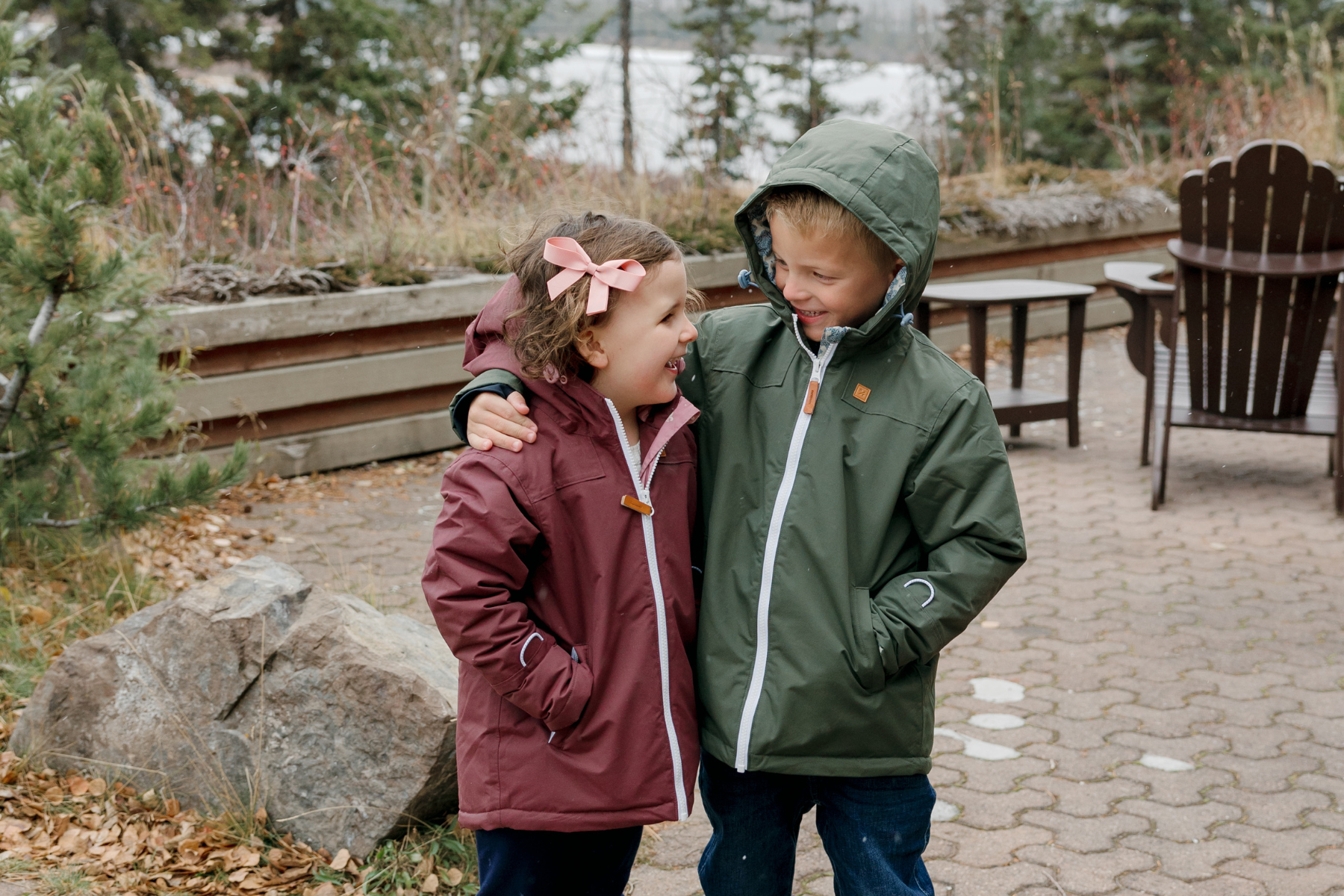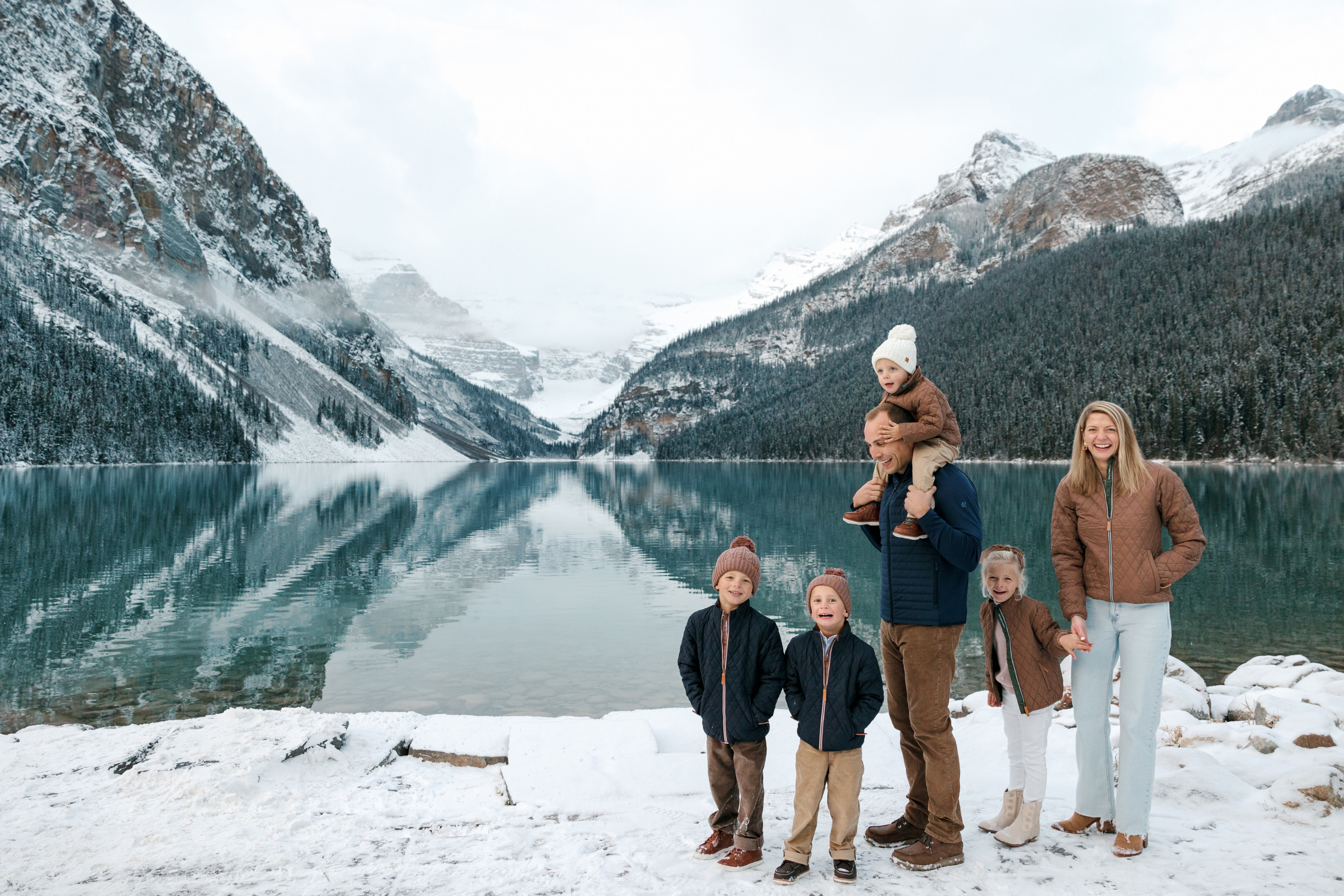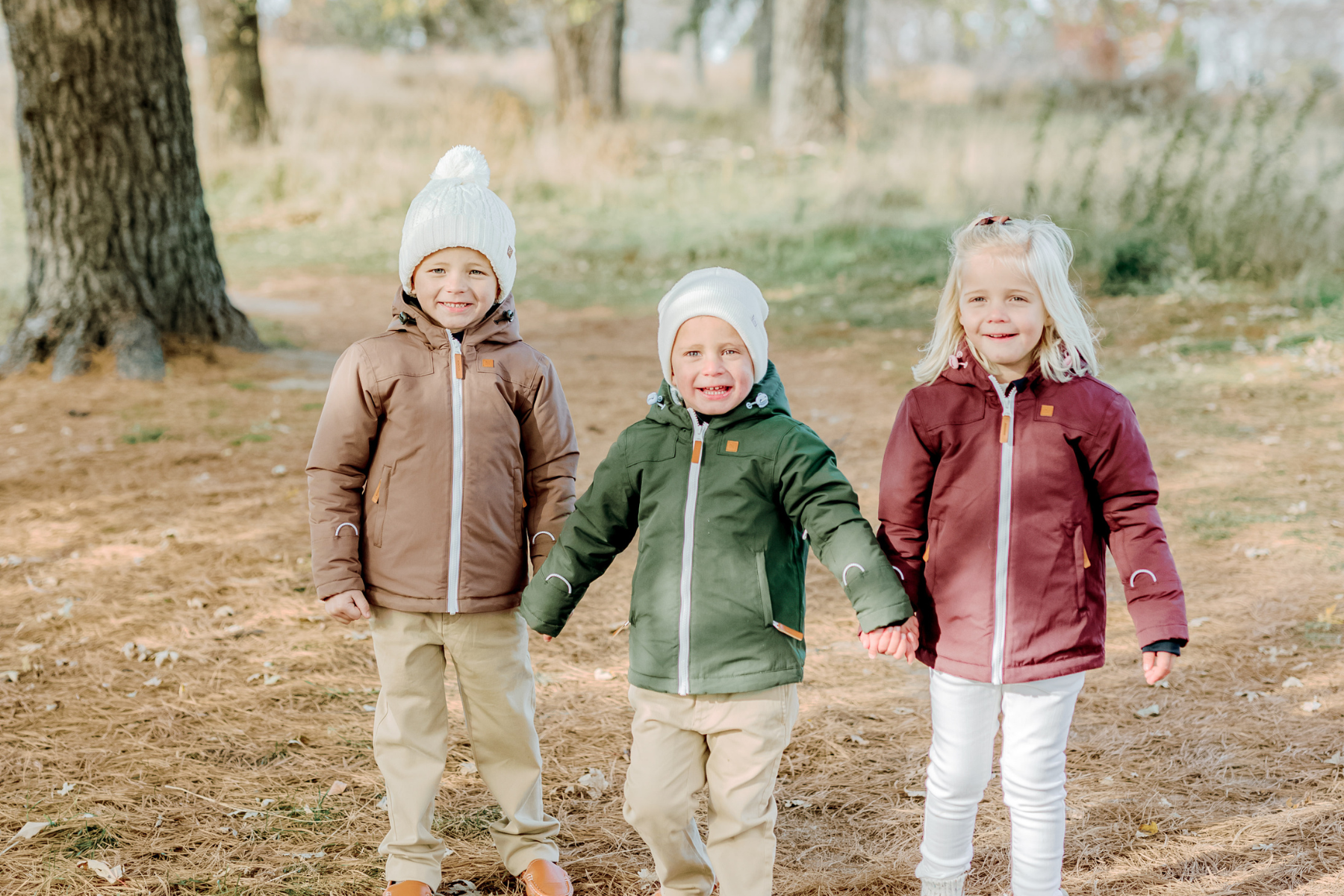
How to Dress Kids for Spring Weather (When It’s Cold in the Morning and Hot by Noon)
Spring weather is unpredictable: chilly mornings, sunny afternoons, surprise rainstorms, and the occasional gust of wind that makes you second-guess everything you dressed your child in. As parents, figuring out how to dress kids for spring weather can feel like a daily puzzle—but a little strategy goes a long way.
The goal? Keep them warm enough to start the day and cool enough to keep playing once the sun comes out.
Here’s how to master the art of dressing your kids for spring’s wild mood swings—without packing their entire closet in your car.
1. Start with Smart Layers
The key to spring dressing is easy-to-remove layers. Think of it in three parts: a base layer, an insulating layer, and a weather-ready outer layer.
-
Base Layer: A breathable tee or long-sleeve shirt made from cotton or moisture-wicking fabric. This stays on all day.
-
Middle Layer: A lightweight sweatshirt, hoodie, or fleece. Easy to peel off at recess.
-
Outer Layer: A windbreaker, raincoat, or packable puffer for chillier mornings or unexpected showers.
Layering allows you to adapt their outfit throughout the day instead of committing to a single weather guess.
2. Use Versatile Jackets
3. Pick Pants with a Plan
Morning temps might call for leggings or joggers, but by afternoon, your child might be wishing for shorts. If your kid is especially active or spends time outdoors at school, you might consider:
-
Convertible pants (the ones that zip off at the knee)
-
Lightweight joggers that aren’t too warm
-
Layered bottoms (leggings under shorts or a skirt for girls)
It’s all about flexibility without constant outfit changes.
4. Don’t Forget Accessories (They’re More Useful Than You Think)
Spring accessories can make all the difference:
-
Beanie or baseball cap: A beanie for morning warmth; a cap for sun protection at midday
-
Lightweight gloves: Just for the early hours (and easy to stuff in a backpack)
-
Sunglasses: Especially if your child has sensitive eyes—spring sun can be strong
-
Backpack stash: Let older kids keep an extra sweatshirt or hat on hand to adapt on the go
5. Choose the Right Footwear
Avoid the daily sneaker vs. boot debate with water-resistant shoes or insulated rain boots. These handle muddy playgrounds, lingering snow piles, and puddle-hunting with ease.
And remember: always go for socks in the spring. It might feel warm at lunch, but the grass is still wet from the morning frost.
6. Prep for the Unexpected
Spring is the season of “just in case.” A few things worth keeping on standby:
-
A compact umbrella in your car or stroller
-
A plastic bag for muddy shoes
-
A backup outfit at school or daycare
You’ll thank yourself the first time your kid comes home soaked and smiling.
Final Thoughts
If you’ve been wondering how to dress kids for spring weather, the answer is simple: layer, prepare, and stay flexible. Your child doesn’t need to be bundled or underdressed—just ready for the shift from morning chill to afternoon sunshine.
Spring is unpredictable, but dressing for it doesn’t have to be. With the right approach, your kids can stay comfortable, dry, and ready for adventure—all day long.



Leave a comment
This site is protected by hCaptcha and the hCaptcha Privacy Policy and Terms of Service apply.